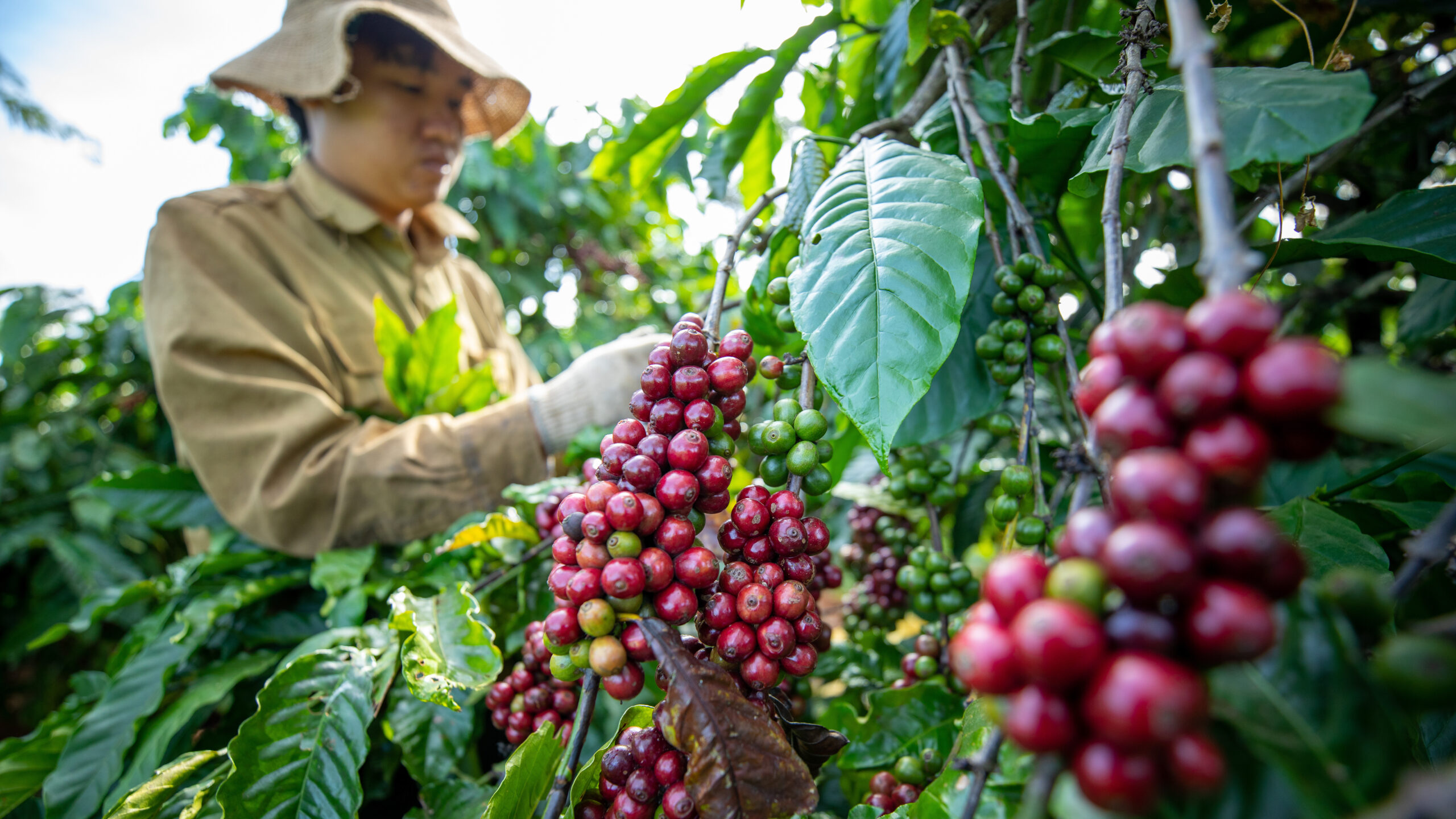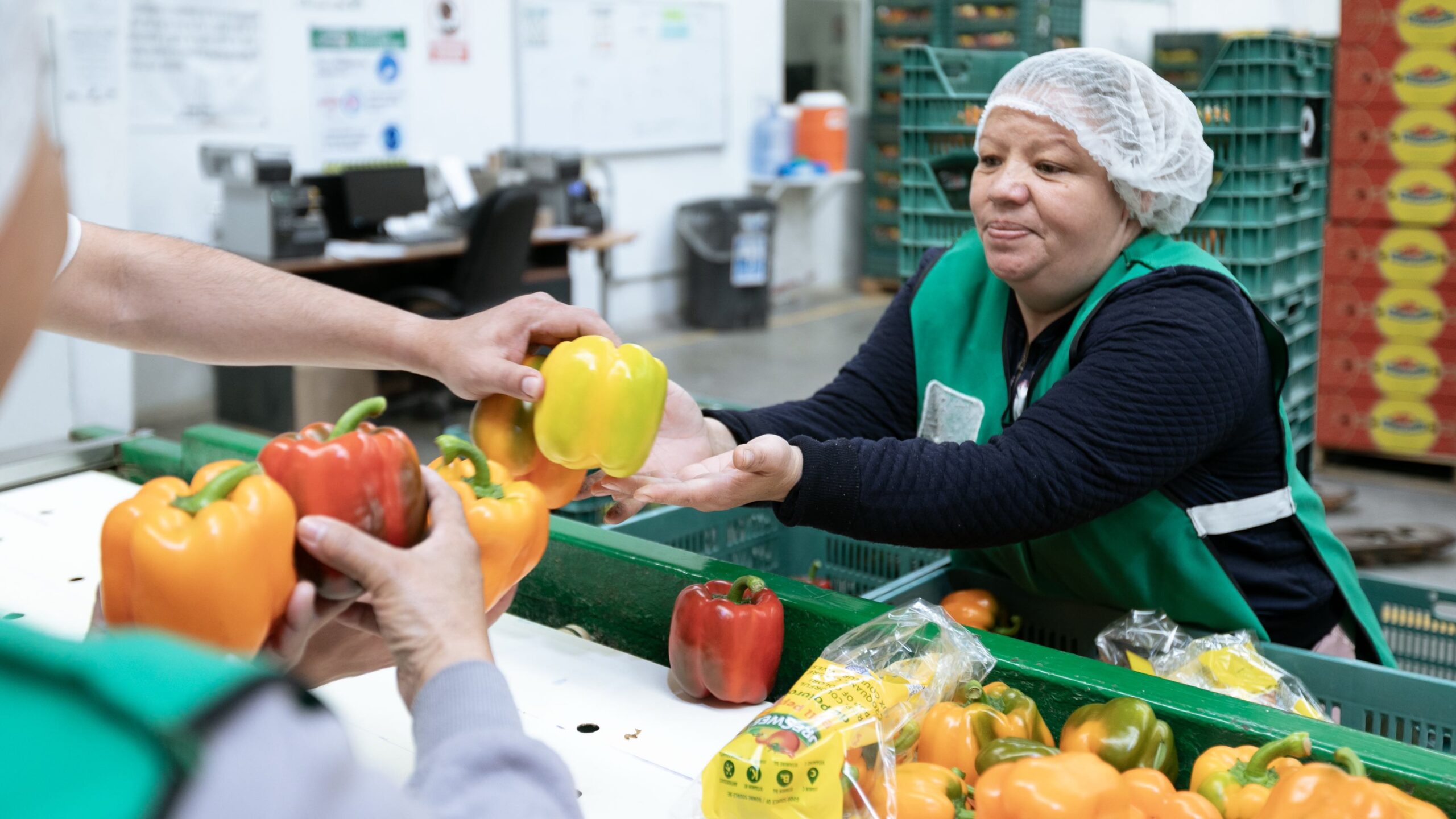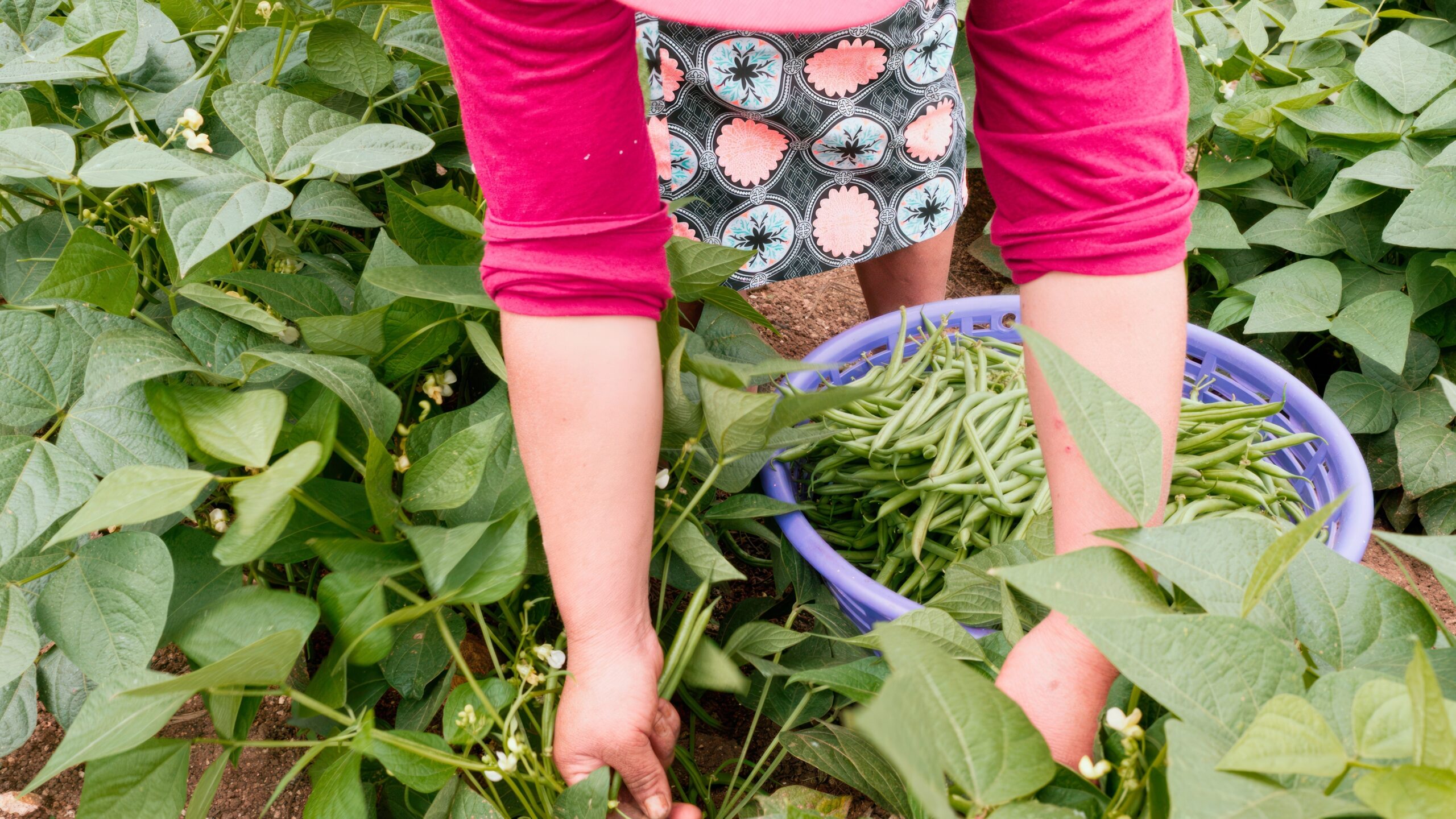Conflicts and other shocks have triggered rising food insecurity and malnutrition in many places around the world. This special blog series examines how these often-overlapping crises are impacting food systems at the global, national, and local levels. Contributors also evaluate policy responses to food system shocks, with a view to finding effective approaches that enhance the resilience of both national and global food systems. The series is co-edited by Joseph Glauber, IFPRI Senior Research Fellow, and Johan Swinnen, IFPRI Director General and Managing Director of CGIAR’s Systems Transformation Science Group.
This blog series was initiated in February 2022 when Russia’s invasion of Ukraine triggered trade disruptions and significant increases in international prices of energy, agricultural commodities, and fertilizer, which were already elevated due to the COVID-19 pandemic and related value chain disruptions. While those impacts are still being felt, this series has expanded to incorporate posts on new conflicts, such as those in Sudan and Gaza, as well as weather-related disturbances and other food system shocks.
Latest Blog
-
-
High global phosphate prices pose potential food security risks
Pandemic and Ukraine crisis impacts linger.
-
Impact of proposed U.S. tariffs on agricultural trade flows in the Western Hemisphere
Modeling tracks potential disruptions.
-
How do food and fertilizer price spikes and volatility impact Central America and the Caribbean?
Analyzing transmission from global to local markets.
-
How U.S. tariffs might impact countries of Latin America and the Caribbean
The possible return of trade wars.
-
Graduation from poverty: Can a big push program help conflict-affected households? Evidence from Somalia
Moving from assistance to self-sufficiency.









